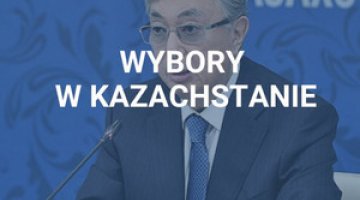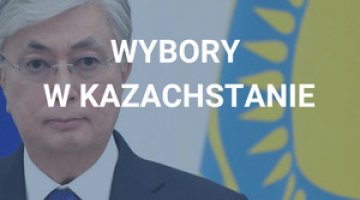Kazakhstan seeks to broaden cooperation with China outside the area of energy
During a visit by Kazakhstan’s President Nursultan Nazarbayev to China on 21–23 February, several agreements were signed expanding the two countries’ current economic cooperation. Both the documents signed and the topics discussed indicate that Kazakhstan is seeking to extend its existing cooperation (which hitherto has been focused on energy policy) into the area of new technologies and education.
During the visit, agreements were signed on making loans of US$1.6 billion for the metal-mining company Eurasian Natural Resources Corp., and US$1 billion for the construction of a gas-chemical complex in Atyrau. In addition, a framework agreement was signed on the exploitation of the Urikhtau deposit (a key source of raw materials for the gas pipeline running from from the west of Kazakhstan to China), and a memorandum on cooperation in constructing a high-speed rail link between Astana and Almaty. An agreement to guarantee water quality in the trans-border rivers, which is important for Astana, was also signed. In addition, Nazarbayev’s statement revealed that Kazakhstan is interested in building a Kazakh-Chinese computer centre in Astana, and in establishing a joint university, which would principally address new technologies, programming and “the introduction of Chinese innovations” in Kazakhstan. The visit to China was aimed at consolidating both countries’ existing cooperation (in 2010, China became the main trading partner for Kazakhstan) and also extending it to new areas which are priorities for Astana, namely new technologies and rail transport. This is consistent with Kazakhstan’s strategy, as it tries to base its economic development on greater economic integration with Russia (through, for example, the Customs Union), and in parallel on economic cooperation with China. <ola>




